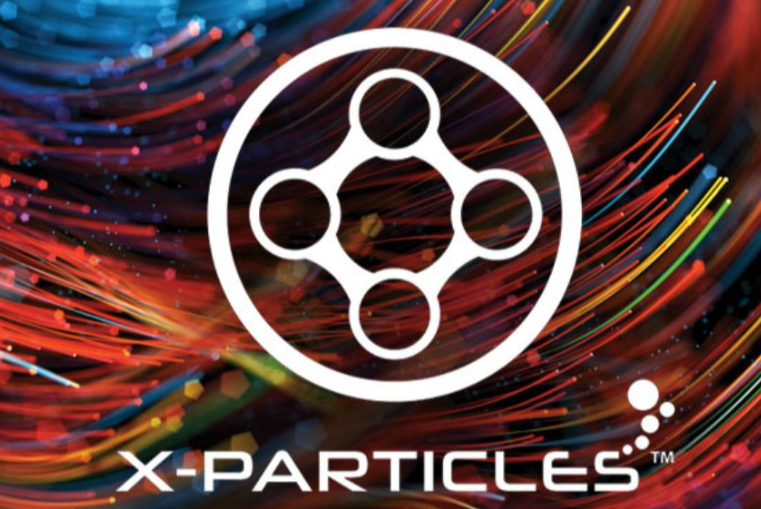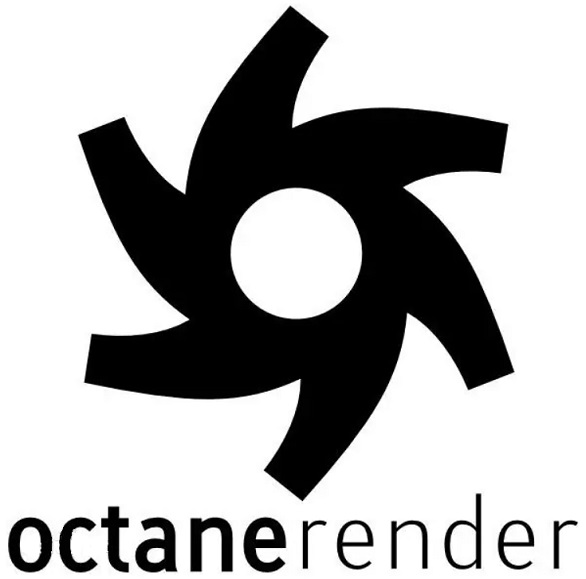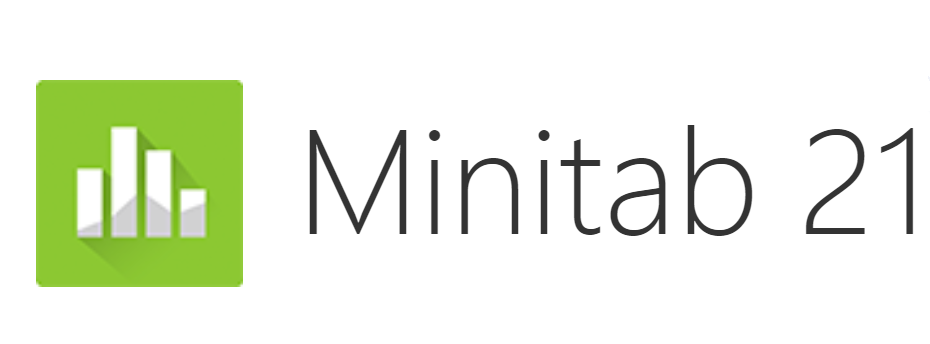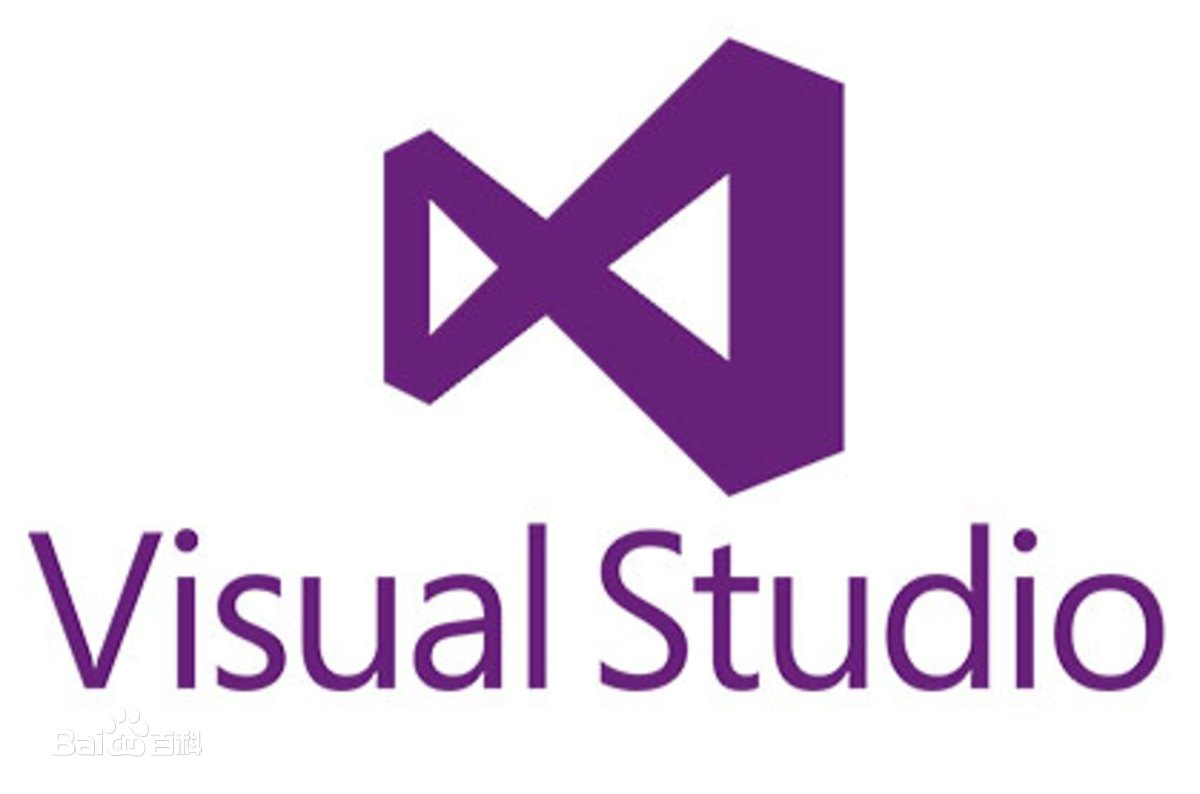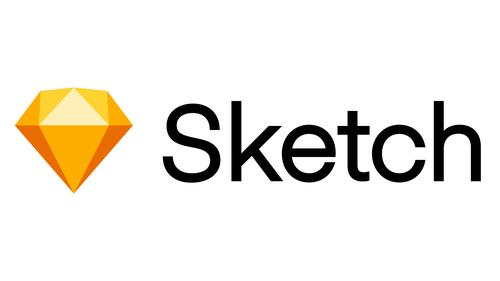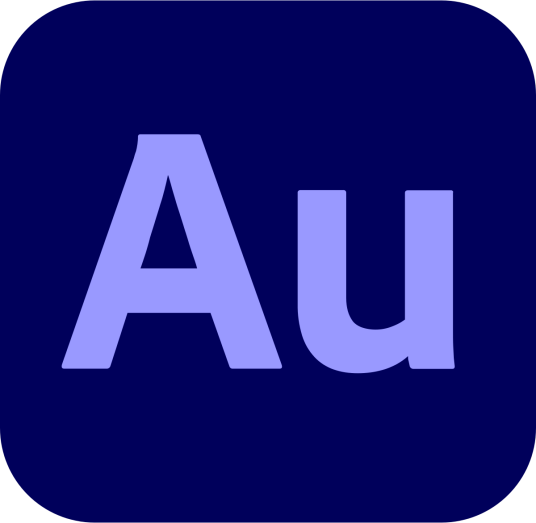JetBrains has always been committed to providing tools that make developers happy, creative, and thought-provoking. The JetBrains IDE aims to understand code and provide valuable suggestions for improving it. Providing these prompts in the editor is very useful. However, modern CI centric workflows require the establishment of reliable quality gates in building pipelines. Considering this, we created Qodana.
Qodana is the only code quality platform on the market that uses JetBrains IDE native checks and extends the intelligence of JetBrains IDE to CI servers.
We have built this powerful static analysis engine that enables development teams to automate code review, build quality gates, and execute code quality guidelines across the entire enterprise - all within their JetBrains ecosystem. This platform can be integrated into any CI/CD pipeline and can analyze code written in over 60 languages, including Java, JavaScript, TypeScript, PHP, Kotlin, Python, Go, and C #.
Today, Qodana announced a huge milestone: it is no longer a preview version and has made some significant commercial improvements. Join now and enjoy a 50% discount in your first year.

New features of Qodana on March 2, 2022
Many of you have been thinking about where the name "Qodana" comes from. Let's explain.
"Qodana" stands for "code analyzer".
As early as 2021, after weeks of futile brainstorming on product names, we sought guidance from a colleague who was proficient in multiple languages. Ten minutes later, she suggested "Qodana", and we immediately found out.
Since the launch of Qodana at EAP in 2021, we have been very pleased with its response. So far, Qodana has analyzed over 9000 unique project commitments per month -80% of which are commercial projects.
Our early adopters taught us a lot about what they needed, and we utilized this knowledge to make some significant improvements to Qodana's static code analysis engine.
#1. The server-side analysis of Qodana is now fully integrated with JetBrains IDE on March 2, 2022
As is well known, the configuration of static analysis tools is very complex. With the release of Qodana 2023.2, we have eliminated this pain by fully integrating our code quality platform with almost all JetBrains IDEs: IntelliJ IDEA, WebStorm, PhpStorm, PyCharm, Rider, and GoLand. Please note that this feature will not be available until the 2023.2 version of the IDE is released.
This integration will bring two important benefits.
The first benefit is easy to configure. You only need to click a few times to try local analysis, view the entire project's problem list, and then configure Qodana in the preferred CI/CD system to establish a quality gate and run server-side checks.
Configure Qodana in the IDE
The second benefit is the improved workflow for code quality. After configuring Qodana in a continuous integration server, you will be able to see the results of server-side analysis without leaving the IDE - out of the box. Alternatively, you can directly navigate to Qodana Cloud and view an overview of the issue in a simple sunburst diagram.
Overview of issues detected by Qodana
#2 Code coverage support
Qodana now supports handling code coverage for Java, Kotlin, PHP, JavaScript, and TypeScript. When running automated tests, Qodana will display how much code has been executed based on the output of a known unit testing framework. In this way, users will be able to 1) review the level of code coverage, 2) identify parts of the code that require more testing, and 3) evaluate the quality of testing themselves.

Code coverage check for Qodana
#3. Vulnerability checker provided by Checkmark
Now, Qodana is bundled with the same vulnerability checker used in IntelliJ IDEA and supported by the recognized industry leader in application security software testing, Checkmark. This inspection aims to identify vulnerable external packaging used in the project.
The vulnerability checker not only provides security information. It also provides valuable remedial insights. Developers can take immediate action to address vulnerabilities by quickly migrating to a secure and stable software package version without the occurrence of known vulnerability issues.
#4 Quick Repair (Experiment)
All Qodana liners (except. NET) will provide users with quick fix functionality to improve their coding efficiency. Qodana can now quickly fix issues that can be automatically resolved and create new pull requests using the applied changes (currently only applicable to GitHub Actions). Then, users will be able to view these changes before submitting.

Qodana Quick Fix
For a complete list of changes, please refer to the new content in Qodana 2023.2.
Features of Qodana after version 3.2, 2022
If you haven't tried Qodana yet, here is a brief overview of the currently available features in the product - in addition to the latest releases.
Over 2500 code checks - including exclusive Qodana checks
Qodana can identify performance issues, unused declarations, vulnerable dependencies, potential security issues, confusing code construction, naming and style conventions, and more.
Interactive inspection reports and dashboards
Use our exquisite sunburst diagram to identify issues and trends in the code, and gain a better understanding of the quality of the project

Interactive Qodana report
Overview of cloud based reporting
You can accumulate all Qodana reports in one place (Qodana Cloud) and explore project trends using an interactive dashboard.
Baseline for controlling technical debt
A snapshot of the code repository or baseline is taken during a specific Qodana runtime. You can compare the current code with its baseline state and view new, unchanged, and resolved issues.
For example, you can use baselines to prioritize less critical issues and focus on fixing new or highly critical errors.

Qodana's baseline
Third party license review
Scan the dependencies in the code repository to find their licenses and see if they are compatible with your project license.

The result of license review failure
Inspection and construction engineer
Do you want to scan for specific issues that Qodana has not yet covered? You can integrate it with third-party inspection tools or create your own plugins.
A video is worth a thousand words, so please feel free to check out our developer advocate Anton Arhipov's Qodana overview video at any time.
How to start using Qodana?
Just go to our website and apply for a free trial! You will be asked to create an account in Qodana Cloud and connect the specified Linter to your project and preferred CI/CD system. It's just that simple!
Our mission is to help developers deliver code that they are proud of. We hope you enjoy Qodana and all the wisdom it contains in a simple sunbathing chart. If you have any questions, please feel free to submit a ticket to the problem tracker or leave a message below.

